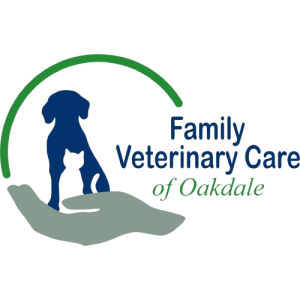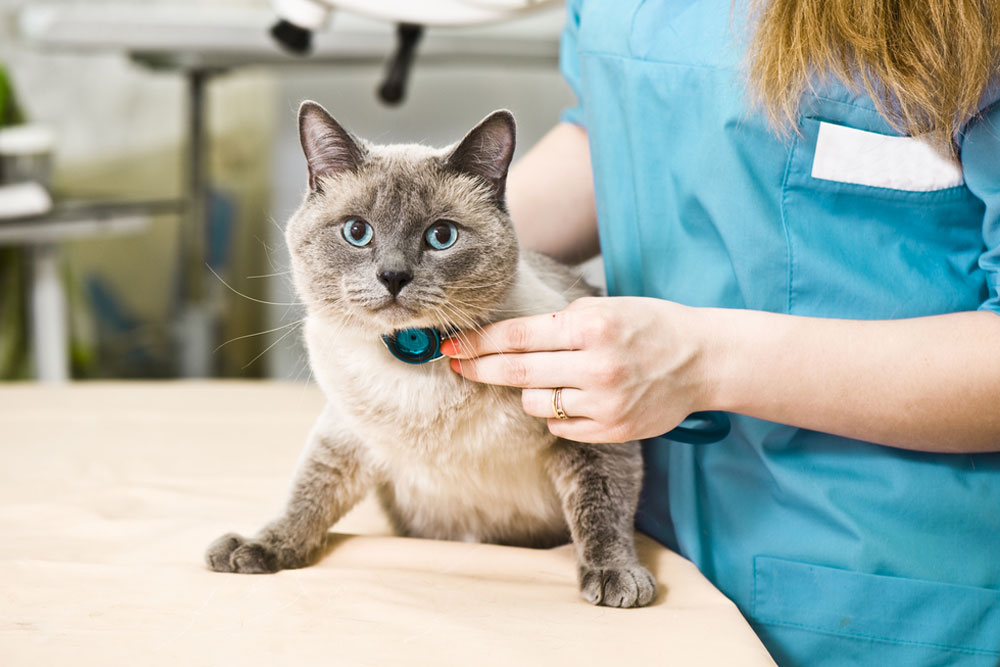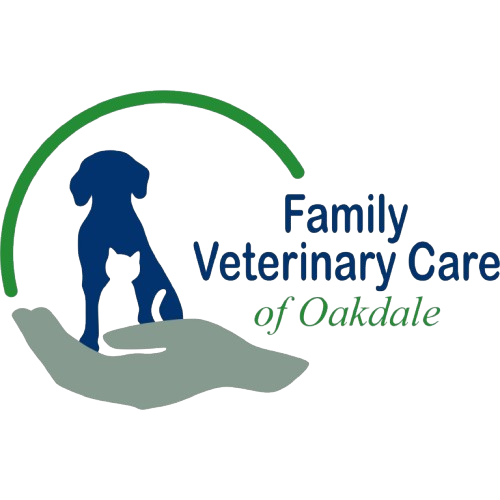Beyond Medicine: The Role of Compassion in Our Workplace Philosophy
In veterinary medicine, clinical skill is our scaffolding. It’s what allows us to diagnose, treat, and heal. But the soul of this profession—the part that sustains us in the long hours, the heartbreak, and the hope—is compassion.
At Family Veterinary Care of Oakdale, we believe compassion isn’t just a personality trait. It’s a clinical tool, a leadership value, and a cultural cornerstone. And it’s not just for clients and pets—it’s for us, too. For every teammate navigating the pressure of perfection. For every vet tech holding space for a grieving family. For every colleague doing their best on a hard day.
If you’re a veterinary professional looking for more than just a place to practice medicine—if you’re looking for a place where your humanity is part of the job description—you’re in the right place.
1. Defining Compassion in Veterinary Medicine
Let’s start with clarity: compassion isn’t just about being “nice.” It’s about action.
Empathy is the ability to feel what someone else is feeling. Compassion takes that empathy and moves it toward care—toward doing something with what we feel. That distinction matters, especially in medicine, where our ability to show up for others in meaningful ways directly affects outcomes.
Research backs this up. As discussed in Compassionomics, compassionate care leads to better communication, increased trust, and even improved patient outcomes. Clients are more likely to follow through with care plans when they feel heard and supported. VetRadar also highlights that empathy improves not only the client experience but also team morale.
In short: compassion is clinical excellence. It’s not a soft skill—it’s a smart one.
2. Compassion Toward Clients—Even When It’s Hard
We meet clients at some of the most vulnerable moments of their lives. They may be anxious, confused, or angry—not because they’re difficult people, but because they’re scared.
That doesn’t excuse bad behavior, but it does reframe our response. Instead of taking their distress personally, we work to see the fear beneath the frustration and guide the conversation forward with clarity and calm.
Compassion here looks like:
- Explaining treatment plans in ways that empower, not overwhelm.
- Pausing to listen before we respond.
- Giving space for grief while still helping them move toward action.
And when those interactions get heavy—as they sometimes do—we don’t just shrug and move on. We debrief, support each other, and remind one another: you did your best. Let’s carry this together.
Boundaries are part of compassion, too. We support each other in saying no when needed, taking breathers, and protecting our own wellbeing so we can keep showing up for others.
3. Compassion Starts With the Team
The best client care starts with how we treat each other.
That means:
- No public shaming over a mistake. We coach, we teach, we grow.
- Checking in with the quiet teammate who seems off. A “Hey, are you okay?” can make all the difference.
- Speaking up when we’re not okay—and trusting that we’ll be met with care, not criticism.
Compassion also means not waiting until someone burns out before offering support. We talk about wellness proactively. We talk about hard cases, hard days, and hard feelings with honesty and trust.
Resources like MentorVet and Veterinary Social Work remind us that empathy fatigue is real—but we don’t have to face it alone.
Buddy systems aren’t just for first graders—they work here, too. We keep an eye on each other. We ask: “Need a hand?” And we mean it.
4. The Missing Piece—Self-Compassion
Veterinary professionals tend to be high achievers. We want to get it right—every time. But perfectionism is a heavy load to carry, and self-criticism doesn’t make us better. It makes us brittle.
Self-compassion is the antidote.
As MentorVet notes, self-compassion is linked to resilience, improved clinical judgment, and lower burnout rates. It’s what helps us keep learning after a tough shift. It’s what lets us bounce back instead of breaking.
At Oakdale, we talk about this openly. We model it in leadership, mentorship, and daily check-ins. We remind each other that flaws don’t define us—growth does.
It’s okay to take a breath before responding. To walk away from a hard moment and reset. To treat yourself with the same grace you’d give a friend.
5. What It Means to Work at a Compassion-First Practice
Compassion isn’t something we tack on to the end of a job description. It’s woven into everything we do.
- It’s in our team huddles, where we check in on patients and each other.
- It’s in our exam rooms, where tough conversations are handled with warmth and integrity.
- It’s in our culture, where feedback is welcome, therapy is encouraged, and asking for help is a strength—not a weakness.
This is a workplace where emotional intelligence is as valued as clinical skill.
Where we support one another through stress, celebrate each other’s wins, and keep showing up because we know we’re part of something that matters.
We don’t expect perfection. We expect presence. A willingness to try. To care. To keep coming back, even on the hard days.
Ready to Work Where Compassion Leads?
Veterinary professionals deserve more than just a paycheck and a packed schedule. You deserve a workplace that supports your heart, your mind, your body, and your purpose.
If you’re looking for a team that leads with compassion—for pets, clients, and each other—we’d love to meet you.
Explore careers or contact us →
You belong somewhere that honors both your skill and your soul. Let’s talk.











Leave A Comment